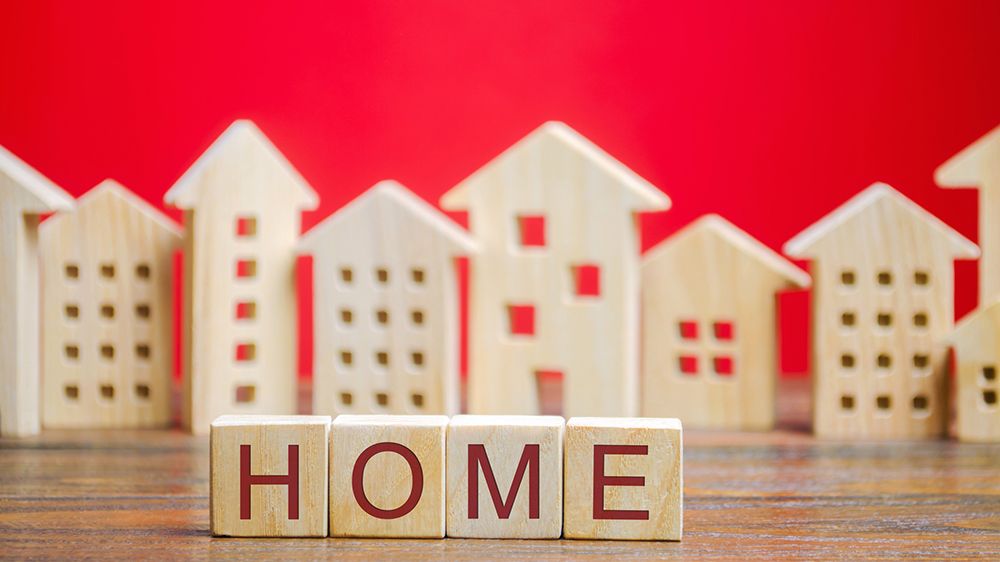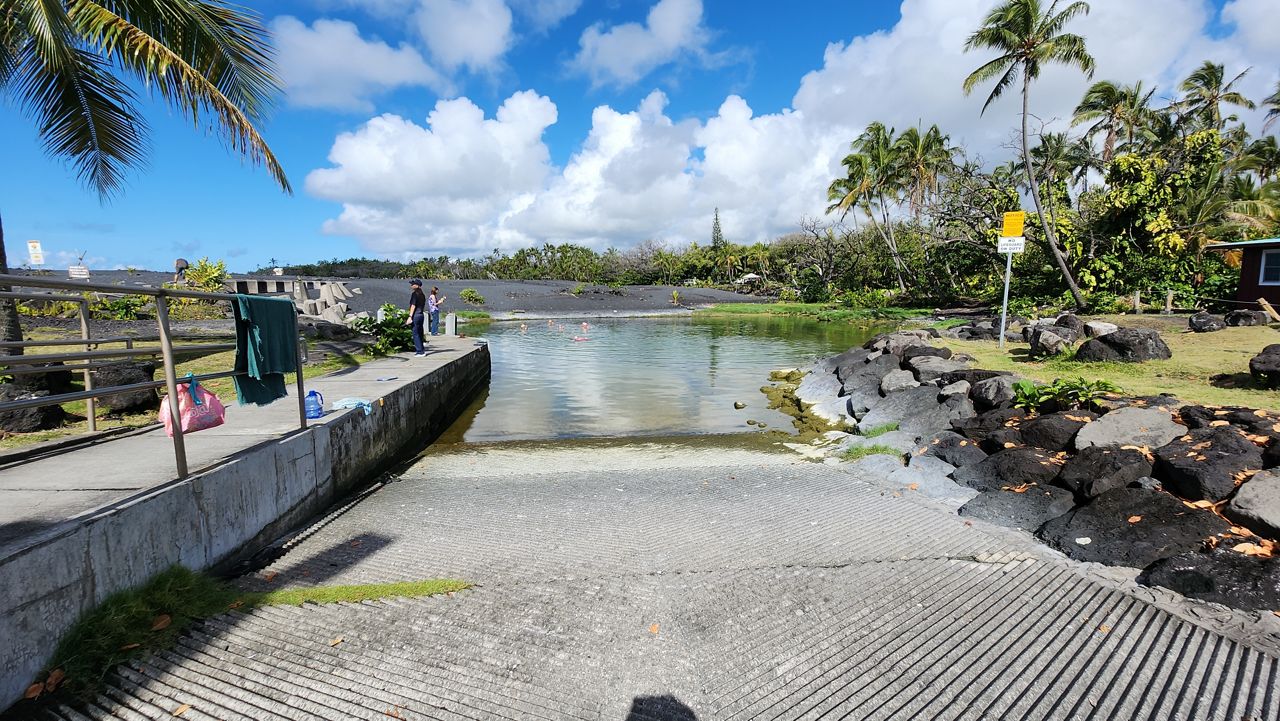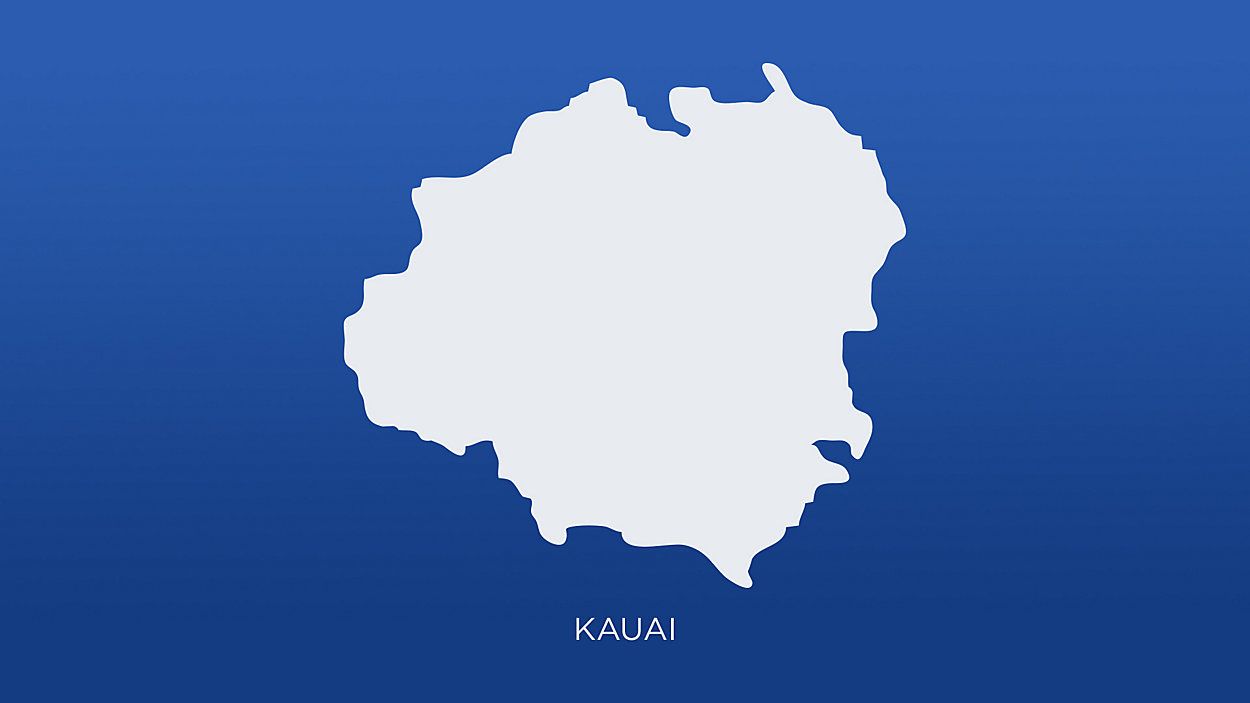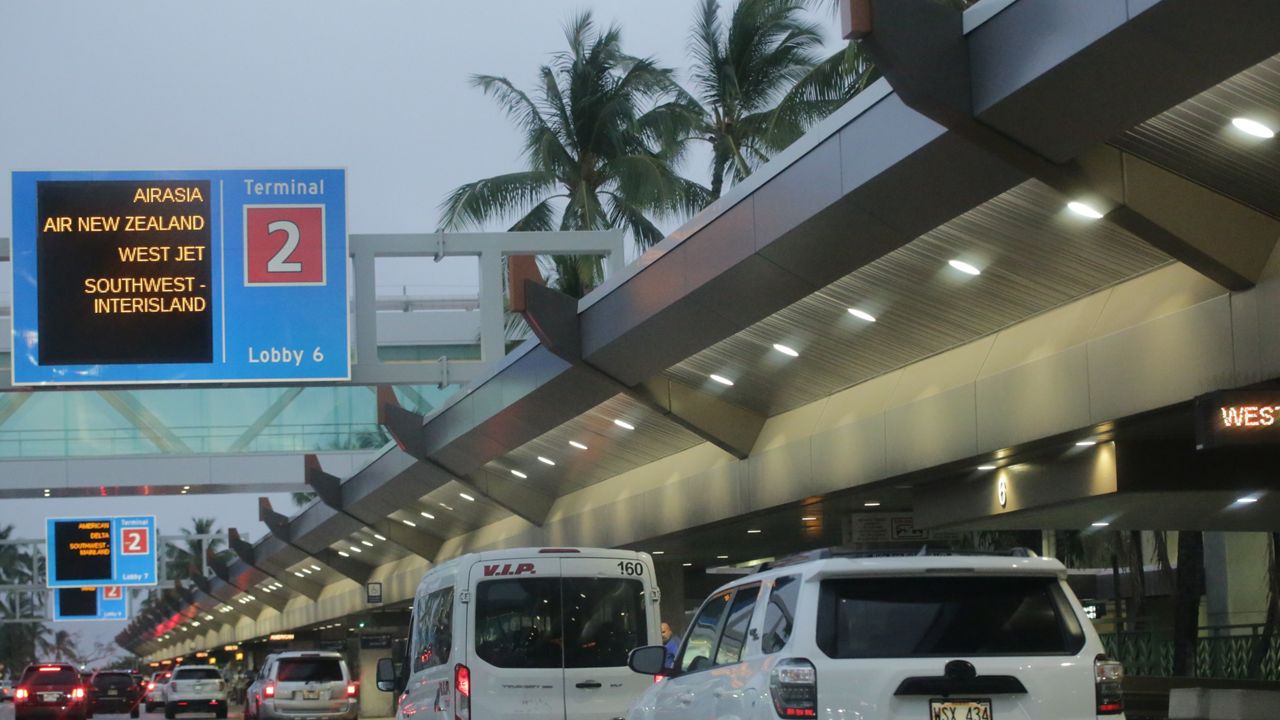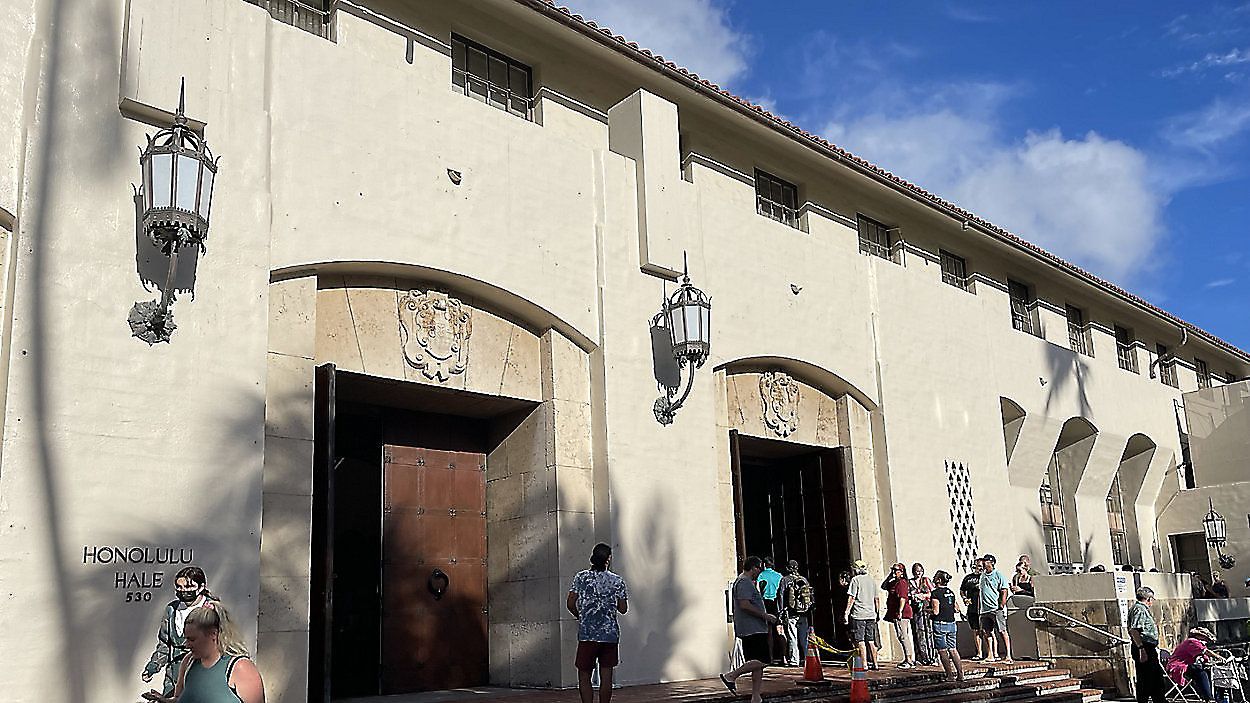HONOLULU — The Rental and Utility Relief Program that began during the COVID-19 pandemic will hold two more events for first-time applicants as it winds down and eventually transitions to Housing Stabilization Services, according to a news release from the city’s Office of Economic Revitalization.
Renters who have not previously received RURP assistance can apply on either April 13 or April 27 from 9 a.m. to 1 p.m. at the Council for Native Hawaiian Advancement’s Kapolei office at 91-1270 Kinoiki St., Building 1.
Appointments are required for both days. Renters can contact CNHA at 808-596-8155 or email rurp@hawaiiancouncil.org to make an appointment.
Renters are advised to bring the following to their appointment:
- Government ID card for the head of household
- Signed social security cards for everyone over age 18
- A valid rental agreement
- Proof of financial hardship since March 13, 2020
- Income documents for every member in the household
- Unpaid rent or utility bills or an eviction notice
Funding is limited and no application is guaranteed funding.
“The Rental and Utility Relief Program and our extraordinary partners Catholic Charities Hawaii and the Council for Native Hawaiian Advancement have lifted up our community during the chaos of the pandemic and for those facing ongoing economic challenges,” said Mayor Rick Blangiardi in the release.
“Together, they have prevented untold thousands of evictions, kept families together, and provided much needed stable housing for our neighbors. Housing Stabilization Services will continue that vital work with families at risk of losing their housing,” said Blangiardi.
The mayor emphasized how much of an impact the program and its partners have made in retaining thousands of affordable housing units by collaborating with landlords and property managers.
Over the last three years, the collaboration has helped preserve affordable housing and injected over an estimated $300 million into Oahu’s economy, which has primarily benefitted local landlords.
The city’s Rental and Utility Relief Program has been recognized by the U.S. Department of Treasury as one of the nation’s top rent and utility relief projects, according to the release.
RURP providers, Catholic Charities Hawaii and the Council for Native Hawaiian Advancement, will continue to provide long-term housing assistance to eligible renters through the Housing Stabilization Services that include housing counseling and case management; eviction diversion and mediation for renters and landlords; referral to job training and other social services; and household budgets and family finances.
The Office of Economic Revitalization encourages Oahu renters to check out the following options for help in staying housed or paying some household bills:
• Mediation, a no-cost service, can help renters and landlords agree on payment plans. Contact The Mediation Center of the Pacific at 808-521-6767, 8:30 a.m. to 4:30 p.m. weekdays, or visit their website.
• The Legal Aid Society of Hawaii can advise renters about their rights. Contact them at 808-536-4302, 9 to 11:30 a.m. and 1 to 3:30 p.m. weekdays, or visit their website.
• The FCC’s Lifeline program can pay up to $111 each year for internet bills. Visit their website to apply.
• Contact Aloha United Way for a list of relief services by calling 2-1-1 or visit their website.
Renters can also visit the Office of Economic Revitalization’s RURP website for more support programs offered by nonprofit organizations.
Sarah Yamanaka covers news and events for Spectrum News Hawaii. She can be reached at sarah.yamanaka@charter.com.




